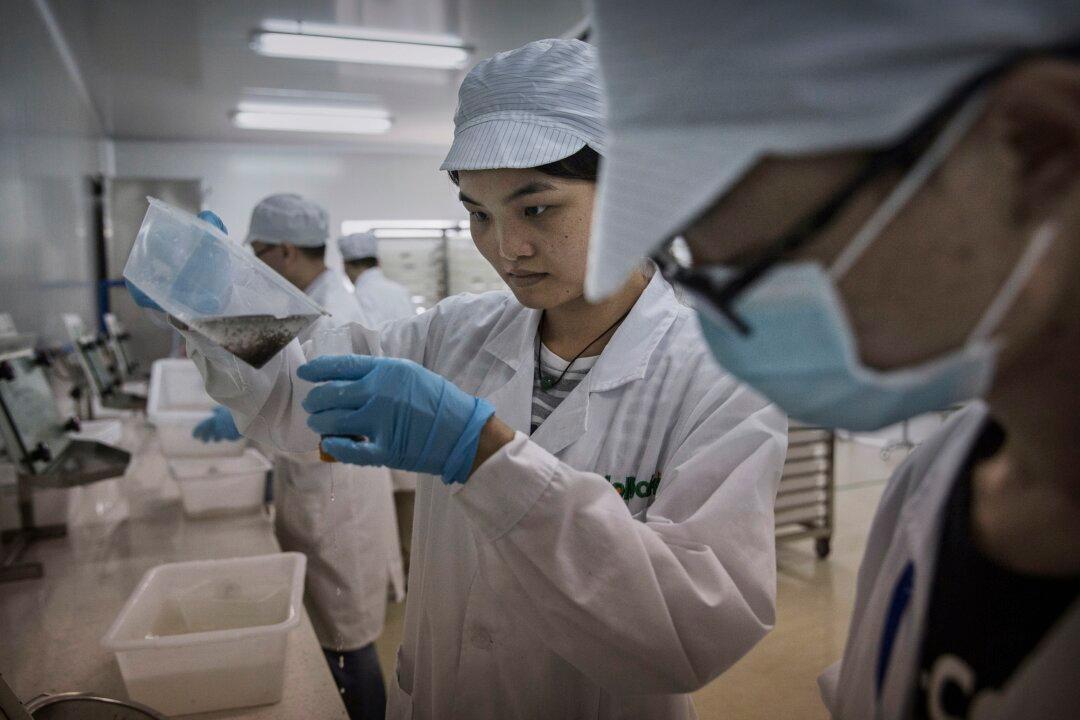The Chinese regime’s expat recruitment plan has raised national security concerns in the United States due to its role in the theft of U.S. intellectual property and other technology-related secrets.
The Thousand Talents Plan focuses on bringing Chinese students and researchers working abroad back to China. It has recruited at least 6,000 people since 2008.





